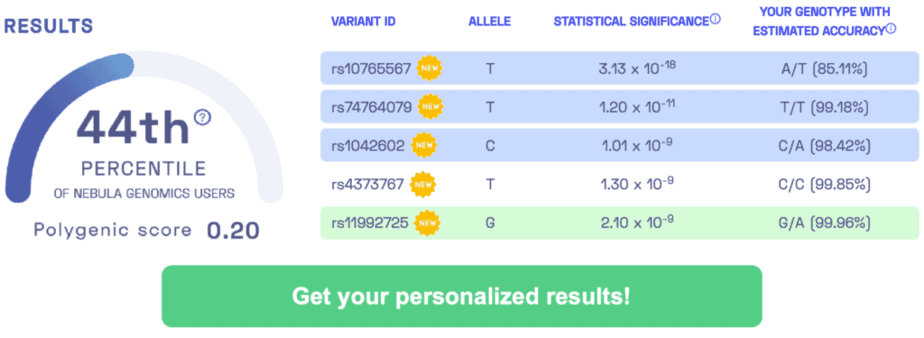STUDY TITLE: Genome-wide association identifies seven loci for pelvic organ prolapse in Iceland and the UK Biobank
SUMMARY: Identification of 8 genetic variants associated with pelvic organ prolapse.
OVERVIEW: The muscles that support a woman’s pelvic organs can weaken, causing organs like the bladder and uterus to drop lower in the pelvis. This condition is called pelvic organ prolapse, which results in symptoms like pressure in the pelvic area, bowel problems, and sexual dysfunction. It is very common, affecting nearly 1 in 3 women at some point during their lifetime. This genome-wide association study examined over 355,000 females of European ancestry to better understand the genetic risk factors for pelvic organ prolapse. The study identified 8 variants associated with pelvic organ prolapse, which collectively explain an estimated 12% of the heritability of the condition. One of the discovered genetic variants appears to affect the estrogen signaling pathway, while another variant influences maintenance of connective tissue in the pelvis.
DID YOU KNOW? Pelvic organ prolapse is most commonly caused by pregnancy and childbirth. Obesity, old age, and conditions with frequent coughing are also risk factors for developing the condition. [SOURCE]
SAMPLE RESULTS: Learn more about the Nebula Research Library.

ANALYZED VARIANTS: rs3820282 rs9306894 rs1430191 rs3791675 rs7682992 rs72624976 rs1247943 rs12325192
ADDITIONAL RESOURCES:
Pelvic prolapse
Estrogen
Video
WEEKLY UPDATE: March 31, 2020
